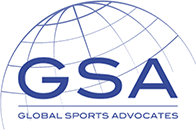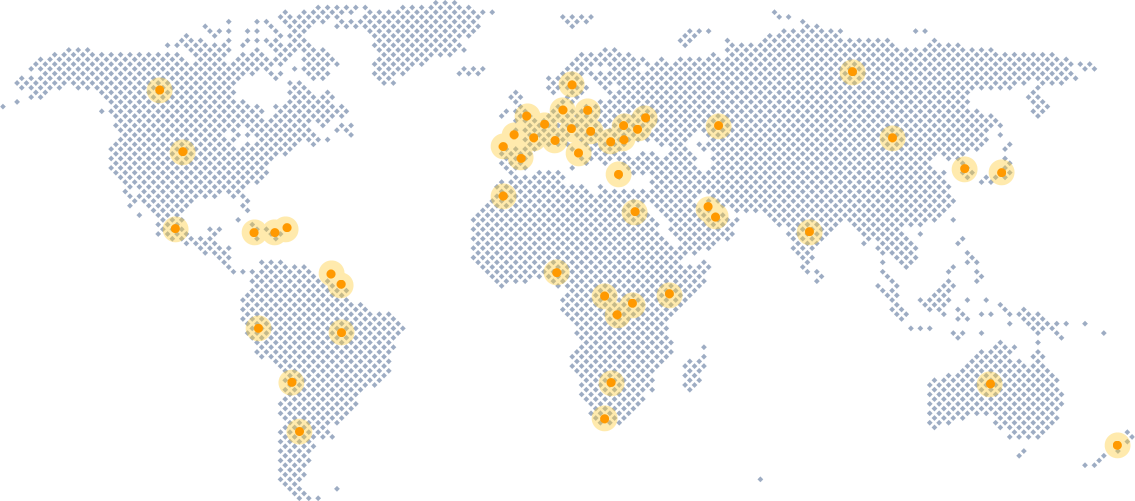
We are a private law firm. We are not the United States Center for SafeSport.
You did everything you thought was right: reported the issue to your athletic director and followed your organization’s protocols. But you never reported to the U.S. Center for SafeSport within the required 24-hour window—and now, you're the one under investigation.
Under the SafeSport Code’s strict reporting rules, even coaches acting in good faith can face serious allegations. That’s where Global Sports Advocates, a private law firm focused on sports law, steps in. We don’t enforce the SafeSport Code—we defend those accused under it. When your career, reputation, and livelihood are on the line, you need experienced legal counsel who understands the unique challenges of SafeSport cases.
Table of Contents
What Makes SafeSport’s Reporting Rules So Unforgiving?
The U.S. Center for SafeSport is a federally authorized organization tasked with investigating abuse in Olympic and Paralympic sports. It is not a law enforcement body, but its decisions can have serious career consequences.
The SafeSport Code operates under what can only be described as a strict liability framework for reporting violations. Unlike traditional legal standards that consider intent, knowledge, or reasonable belief, SafeSport's approach eliminates virtually all defenses that coaches might otherwise expect to rely upon.
The Code explicitly states that "ignorance or mistake as to one's reporting obligation is not a defense." This means coaches cannot argue they didn't understand the requirements, weren't properly trained, or reasonably believed their actions satisfied reporting obligations.
Additionally, individual responsibility cannot be delegated or shared. Even when coaches report to supervisors, athletic directors, or compliance officers—actions that would be considered reasonable and appropriate in virtually any other professional context—they remain fully liable for SafeSport violations if those reports don't reach the Center for SafeSport within the required timeframes.
Understanding Multi-Jurisdictional Reporting Requirements
SafeSport requirements overlap with state and federal reporting laws. Coaches must simultaneously comply with:
- SafeSport Code reporting requirements (24-hour deadline to the Center)
- State-mandated reporter obligations (varying by jurisdiction)
- Federal reporting requirements under laws like the Victims of Child Abuse Act
- Organizational policies of their specific NGB, LAO, or institution
At Global Sports Advocates, our legal team helps coaches understand their obligations before SafeSport violations occur and provides aggressive defense when they face allegations of non-compliance. We work with coaches to document their reporting efforts, establish timelines, and build comprehensive records that can support their defense.
Common Failure to Report Scenarios
"Good Faith Misunderstanding"
Many of our clients face allegations when they reasonably believed they had fulfilled reporting obligations, but technical aspects of the requirements weren't met. For example, a coach who reports suspected abuse to their athletic director and compliance officer within hours of learning about it, but the information doesn't reach the Center for SafeSport within the 24-hour window due to institutional delays.
While the SafeSport Code's strict liability standard makes these cases challenging, experienced counsel can still build effective defenses by:
- Demonstrating good faith efforts to comply
- Establishing that institutional failures, not individual misconduct, caused delays
- Arguing for mitigation based on prompt action and cooperation
- Challenging procedural aspects of the investigation
"Ongoing Obligation"
The SafeSport Code requires ongoing reporting as new information becomes available, including names of witnesses and additional details. Coaches often struggle with understanding exactly what constitutes "new information" requiring supplemental reports.
Our attorneys help coaches develop systems for ongoing compliance and defend against allegations when reasonable interpretations of "new information" differ from the Center's expectations.
"Insufficient Detail"
Even when coaches report within required timeframes, they can face violations for failing to provide sufficient detail or personally identifying information. These cases often turn on technical questions about what information was reasonably available to the coach at the time of reporting.

